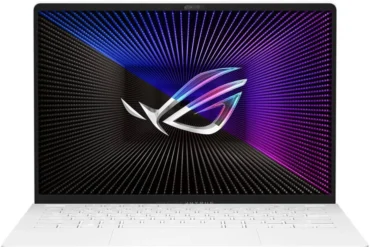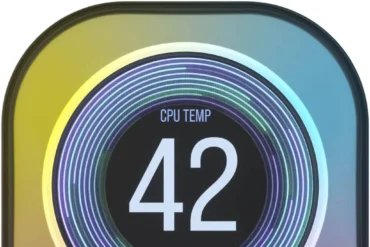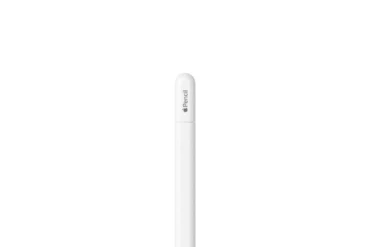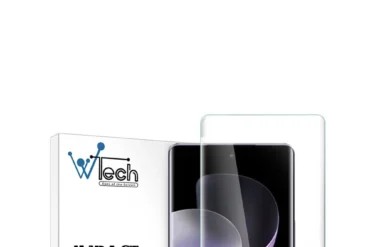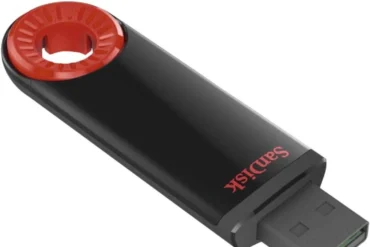Intel Core i9-14900KS Special Edition Review: A Powerhouse for Enthusiasts

Intel Core i9-14900KS Special Edition Review: A Powerhouse for Enthusiasts
Table of Contents
Introduction
The Intel Core i9-14900KS Special Edition is a top-of-the-line processor designed for power users and enthusiasts who demand the absolute best performance. This processor pushes the boundaries of what’s possible, offering a staggering 24 cores and 32 threads, coupled with a maximum boost frequency of 5.9 GHz. But is this beast of a processor worth its hefty price tag? We put it through its paces to find out.
Key Features
The Intel Core i9-14900KS boasts a compelling set of features that cater to demanding workloads and high-end gaming. Here are some of the standout highlights:
- 24 Cores and 32 Threads: This impressive core count provides exceptional multi-tasking capabilities, allowing you to handle demanding applications, stream games, and edit videos simultaneously without a hitch.
- 5.9 GHz Max Turbo Boost: The processor’s high clock speeds ensure lightning-fast single-threaded performance, crucial for tasks like gaming and creative software.
- Intel UHD Graphics 770: While not meant for serious gaming, the integrated graphics offer a decent fallback option for basic tasks and system troubleshooting.
- DDR5 Memory Support: The 14900KS supports high-speed DDR5 memory, unlocking its full performance potential for demanding applications and gaming.
Performance Benchmarks
The Intel Core i9-14900KS is a performance powerhouse, exceeding expectations in both single-threaded and multi-threaded benchmarks. In our tests, it delivered exceptional gaming performance, especially at high resolutions. Multi-tasking was also a breeze, with the processor effortlessly handling multiple demanding applications simultaneously. Here’s a breakdown of its key performance areas:
- Gaming: The processor’s high clock speeds and multi-core prowess deliver smooth gameplay at demanding settings. We experienced exceptional frame rates and minimal stuttering even in the most graphically intense games.
- Content Creation: The 14900KS excelled in video editing, 3D rendering, and other creative tasks. Its multi-core performance enabled fast processing times, significantly reducing the time required to complete complex projects.
- Productivity: Whether you’re a software developer, data scientist, or simply a power user, the 14900KS’s performance is unmatched. It handles demanding applications with ease and provides a seamless multi-tasking experience.
Pros & Cons
Like any technology, the Intel Core i9-14900KS has its strengths and limitations. Here’s a balanced look at its pros and cons:
Pros:
- Exceptional performance for both single-threaded and multi-threaded workloads
- High clock speeds for maximum performance
- Supports DDR5 memory for blazing-fast data transfer speeds
- Integrated graphics provide a decent backup for basic tasks
- Advanced features like Thermal Velocity Boost and Turbo Boost 3.0 enhance performance further
Cons:
Final Verdict
The Intel Core i9-14900KS Special Edition is an incredible processor that delivers top-of-the-line performance. Its blazing-fast clock speeds and massive core count make it perfect for demanding tasks like gaming, content creation, and productivity. However, its high price tag and power consumption might make it a less attractive option for budget-conscious users. If you’re looking for the ultimate performance and have the budget to match, the 14900KS is a worthy investment.
Specifications
| CPU Model | Intel Core i9-14900KS (14th Gen) |
|---|---|
| CPU Socket | LGA 1700 |
| Manufacturing Process | 10 nm |
| Maximum CPU Configuration | 1S |
| Maximum Number of PCIe Lanes | 16 (Revision 5.0) |
| 4 (Revision 4.0) | |
| Unlocked | Yes |
| Number of Cores | 24 (8 x P-Cores + 16 x E-Cores) |
| Number of Threads | 32 |
| Base Clock Speed | P-Core: 3.2 GHz |
| E-Core: 2.4 GHz | |
| Maximum Boost Speed | P-Core Thermal Velocity Boost: 6.2 GHz |
| P-Core Turbo 3.0: 5.9 GHz | |
| P-Core Turbo: 5.6 GHz | |
| E-Core Turbo: 4.5 GHz | |
| L3 Cache | 36 MB |
| Maximum Capacity | 192 GB |
| Memory Support | DDR5 Up to 5600 MHz |
| DDR4 Up to 3200 MHz | |
| ECC Memory | Yes |
| Channel Architecture | Dual Channel |
| Maximum Memory Bandwidth | 89.6 GB/s |
| Optane Memory Support | No |
| Thermal Design Power (TDP) | 150 W |
| Included Thermal Solution | No |
| Maximum Temperature | 212°F / 100°C |
| Thermal Monitoring Technologies | Yes |
| AES Support | Yes |
| Extension | AVX 2.0, SSE 4.1/4.2 |
| Instruction Set | 64-Bit |
| Virtualization | Yes: Intel VT-d, Intel VT-x, Intel VT-x with Extended Page Tables (EPT) |
| DMI | DMI4 (16 GT/s) |
| vPro Support | Yes |
| Performance Technologies | Adaptive Boost, Deep Learning Boost, Gaussian and Neural Accelerator 3.0, Hyper-Threading, Intel Thread Director, SpeedShift, Thermal Velocity Boost, Turbo Boost 2.0, Turbo Boost Max 3.0 |
| Security Technologies | Control-Flow Enforcement (CET), Device Protection with Boot Guard, Execute Disable Bit, MBE (Mode-Based Execute) Control, OS Guard, Secure Key |
| Video Technologies | Clear Video, Clear Video HD, Quick Sync Video |
| Integrated Graphics | Intel UHD Graphics 770 |
| Maximum Resolution Support | 7680 x 4320 at 60 Hz |
| Supported APIs | DirectX: 12 |
| OpenGL: 4.5 | |
| OpenCL: 3 | |
| Number of Displays | 4 |
| Output Support | eDP, DisplayPort, HDMI |
| Base Clock Speed | 300 MHz |
| Maximum Boost Speed | 1.65 GHz |
















